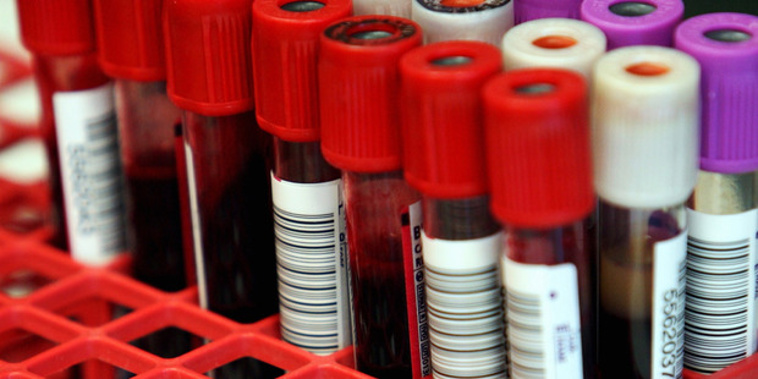
A rise in syphilis cases has prompted renewed calls for people to practise safe sex, including the use of condoms.
The bacterial infection, which is usually sexually transmitted but can also be spread from mother to baby during pregnancy or birth, has been increasing in New Zealand since 2012.
Provisional data from the Institute of Environmental Science and Research indicated cases reported in 2017 had more than doubled since 2015, with 470 reported.
Auckland and Wellington men aged 20 to 39, especially those aged between 25 and 29, reported the highest number of cases. Seventy per cent of those affected were men having sex with men and almost 21 per cent were also HIV positive.
While homosexual men were the group most affected by syphilis, there had also been an increase in cases with heterosexual men and women.
Syphilis can be treated and cured with antibiotics, but if untreated, over time, it can affect the brain, spinal cord and other organs. Untreated syphilis also increases the chance of catching HIV infection.
Ministry of Health director of public health Dr Caroline McElnay said the ministry was committed to reversing the increase.
"Transmission of these STIs can be reduced by using condoms every time with casual sexual partners; and regular partners."
"If you have unprotected sex, or more than one sexual partner, the Ministry of Health encourages you to get tested even if you don't have any symptoms."
GPs or sexual health clinics could help, she said.
In January 2017, syphilis was made anonymously notifiable under the Health Act, a move aimed at helping identify at risk groups and enable appropriately targeted sexual and public health interventions.
Symptoms of the infection vary depending on the stage of infection, but the first stages usually include genital (or possibly oral or anal) ulcers that are often painless, with swollen local nodes.
They are often followed by rashes, sometimes with fever, tiredness, headache, persistent swollen lymph nodes, hair loss or warty growths in the genital or anal areas.
Symptoms disappear after a few weeks without treatment, but the disease continues to slowly develop.
More information on syphilis is available on the Ministry of Health's website www.health.govt.nz
Take your Radio, Podcasts and Music with you









